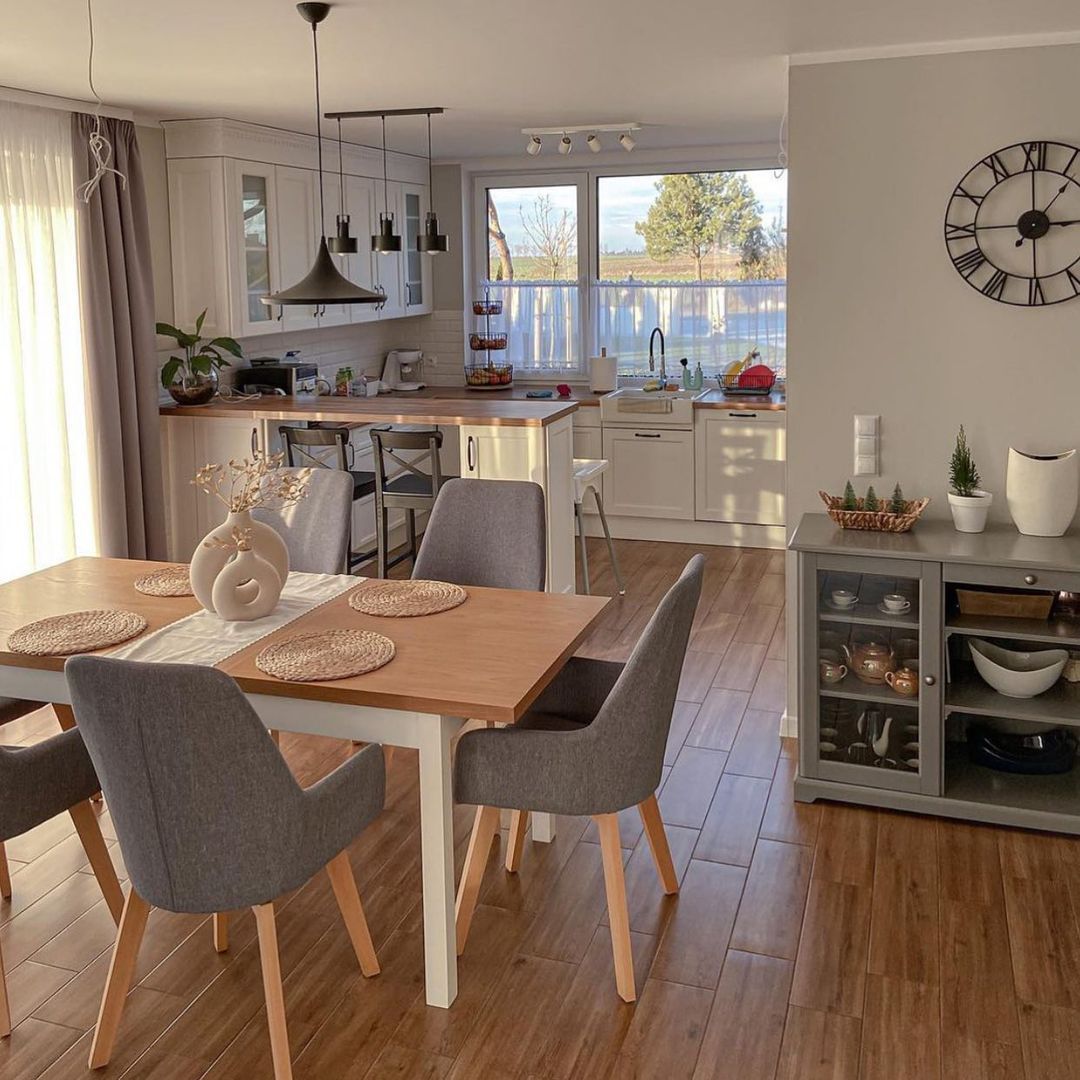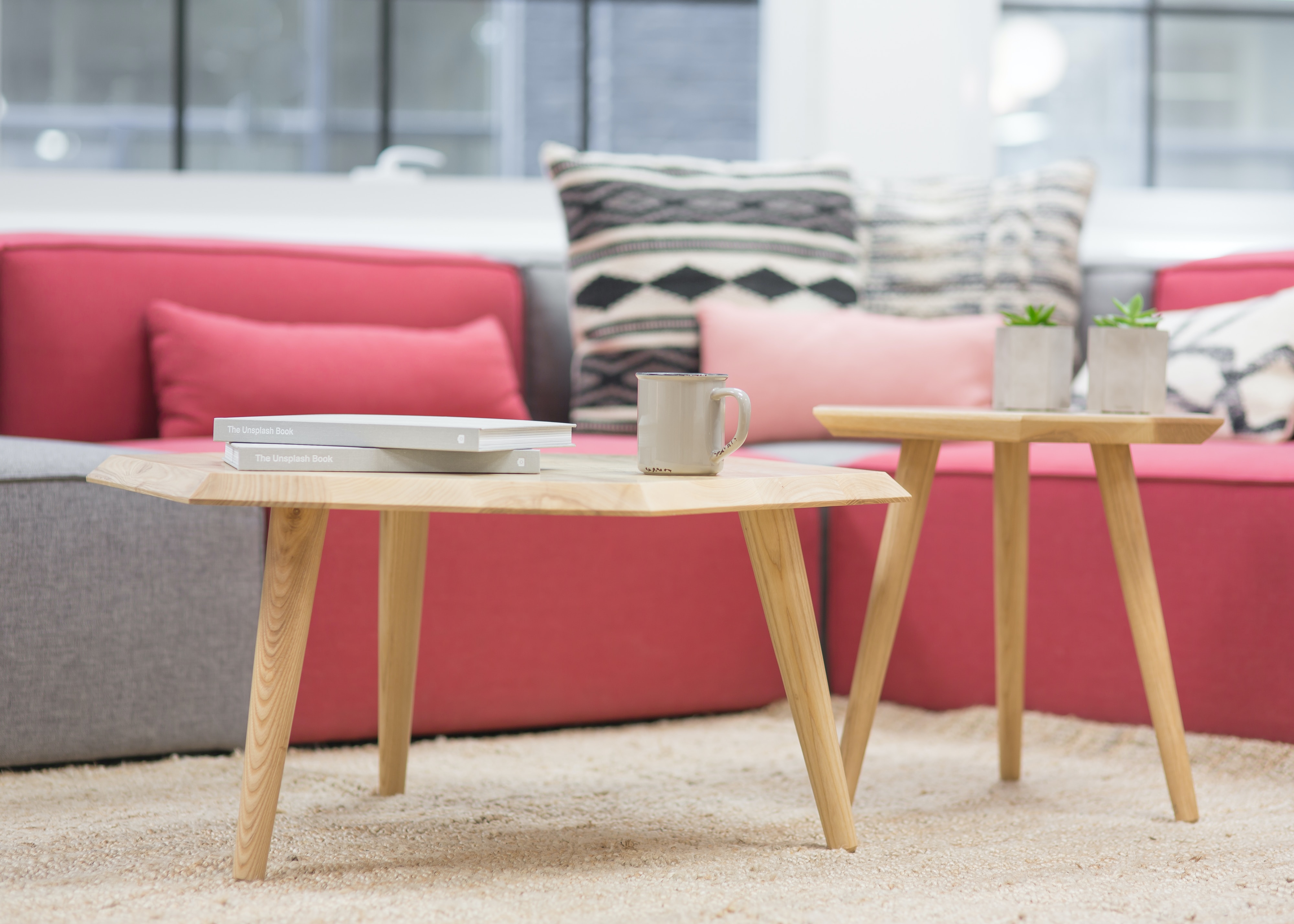Bamboo is a versatile and sustainable material that has been used for various purposes throughout history. In recent years, bamboo boards have gained popularity as a viable alternative to traditional wood and plastic boards. The application of bamboo boards extends across several industries and sectors, ranging from construction and interior design to sustainability and environmental conservation. This article explores the wide-ranging applications of bamboo boards and their benefits in different contexts.
In the construction industry, bamboo boards are increasingly being used for flooring, decking, and wall cladding. The structural strength and durability of bamboo make it an ideal material for these applications. Bamboo boards are also favored for their aesthetic appeal, as they can add a natural and elegant touch to any architectural design. Additionally, bamboo’s rapid regrowth and renewable nature align with sustainable construction practices, making it an environmentally friendly choice for builders and developers.
Interior designers are also incorporating bamboo boards into their projects for a variety of applications. From furniture manufacturing to decorative wall panels, bamboo boards offer a unique and eco-friendly alternative to traditional wood products. The versatility of bamboo allows for customization and creativity in design, catering to the growing demand for sustainable and stylish interior decor.
Furthermore, the food industry has embraced the use of bamboo boards for culinary purposes. Bamboo cutting boards have become a popular choice in kitchens due to their natural antimicrobial properties and durability. Chefs and home cooks appreciate the sustainability and low environmental impact of bamboo boards, making them a preferred option for food preparation and serving.
In the realm of sustainability and environmental conservation, bamboo boards play a crucial role in promoting eco-friendly practices. The rapid growth rate of bamboo compared to traditional timber makes it a more sustainable resource for various applications. By utilizing bamboo boards in place of non-renewable materials, individuals and businesses contribute to the preservation of forests and the reduction of carbon emissions. This environmental benefit has attracted the attention of organizations and policymakers seeking to promote sustainable practices and combat deforestation.
Beyond these specific industries, the application of bamboo boards has gained traction in various other sectors, including art, crafts, and even technological innovation. Artists and craftsmen use bamboo boards as a medium for creating sculptures, paintings, and other artworks, capitalizing on the material’s unique texture and visual appeal. Additionally, advancements in bamboo technology have led to the development of innovative products such as bamboo-based composite materials for use in automotive and aerospace industries, further expanding the applications of bamboo boards.
The growing popularity of bamboo boards can be attributed to their inherent qualities, including strength, sustainability, and aesthetic appeal. As consumers and industries increasingly prioritize eco-friendly and renewable resources, the demand for bamboo boards is expected to continue rising. Moreover, ongoing research and development in bamboo technology may lead to further diversification of applications, opening doors to new possibilities in various fields.
In conclusion, the application of bamboo boards spans across diverse industries and sectors, encompassing construction, interior design, culinary arts, sustainability, and beyond. As the world seeks sustainable and environmentally responsible solutions, bamboo boards have emerged as a versatile and eco-friendly alternative with numerous benefits. With their strength, beauty, and sustainability, bamboo boards are poised to play a pivotal role in shaping the future of various industries and promoting a greener, more sustainable world.
Post time: Mar-06-2024








